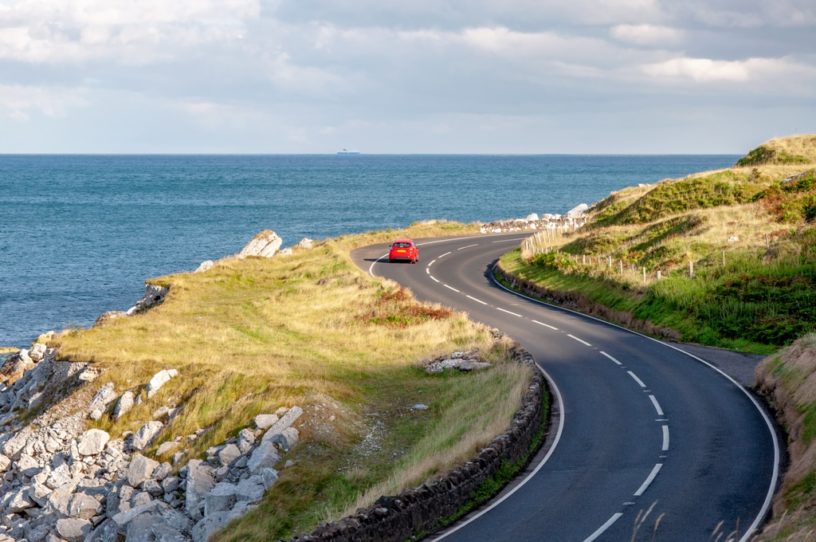If you reduced your car or motorbike use to essential journeys only in recent months, to help in the collective effort to stop the spread of COVID-19, regardless of when you passed your test, many people will feel they need to build on their confidence post-lockdown.
Driving and riding is a combination of confidence, skills and knowledge – so we’ve collected a simple and effective guide to help even the most-experienced driver or rider harness these three qualities and get back on the road with confidence.
Director of Research and Development at DriverMetrics, Dr Lisa Dorn, has published the following strategies in the new IAM RoadSmart ‘Driving Business Back to Work’ guide. To help improve road safety as you come out of lockdown she recommends:
If possible ask an experienced driver or rider from your household to accompany you on your first journey to build up your confidence.
Set yourself achievable targets. This might include taking shorter journeys before setting your sights on long distance travelling.
Take breaks when under pressure, especially on long journeys.
Plan your route to avoid roadworks and heavy traffic when possible.
Plan extra time for possible delays into the schedule when possible.
Call ahead to let others know you are running late as this reduces stress.
Dr Lisa Dorn, Director of Research and Development at DriverMetrics, said:
“When humans are subjected to stressors such as time pressure, they tend to show a variety of physiological responses,” she says. “Pupil dilation, increased heart rate, slowed digestion and a constriction of blood vessels are physiological mechanisms collectively known as the ‘fight-or-flight’ response.
“Time pressure is known to lead to higher speeds and the direct consequence of driving and riding faster is that a higher amount of information has to be processed per unit of time,” says Dr Dorn.
“Driving or riding too fast has a direct influence on the amount of information available for the senses to process as well as indirect psychological influences. For example, having to complete a journey in a shorter amount of time leads to high mental workload, anxiety, frustration, and anger, which in turn reduces information processing efficiency while driving.”
Rebecca Ashton, Head of Policy & Research at IAM RoadSmart, said:
“Because people are under an amount of stress this can impact on sleeping patterns, eating patterns and give them difficulty concentrating. Perhaps they’re having an extra drink at night which they perhaps shouldn’t be doing. Other people might be on prescription drugs because of stress; there’s a lot of fear and anxiety which can be overwhelming.”
*Article Source www.iamroadsmart.com








